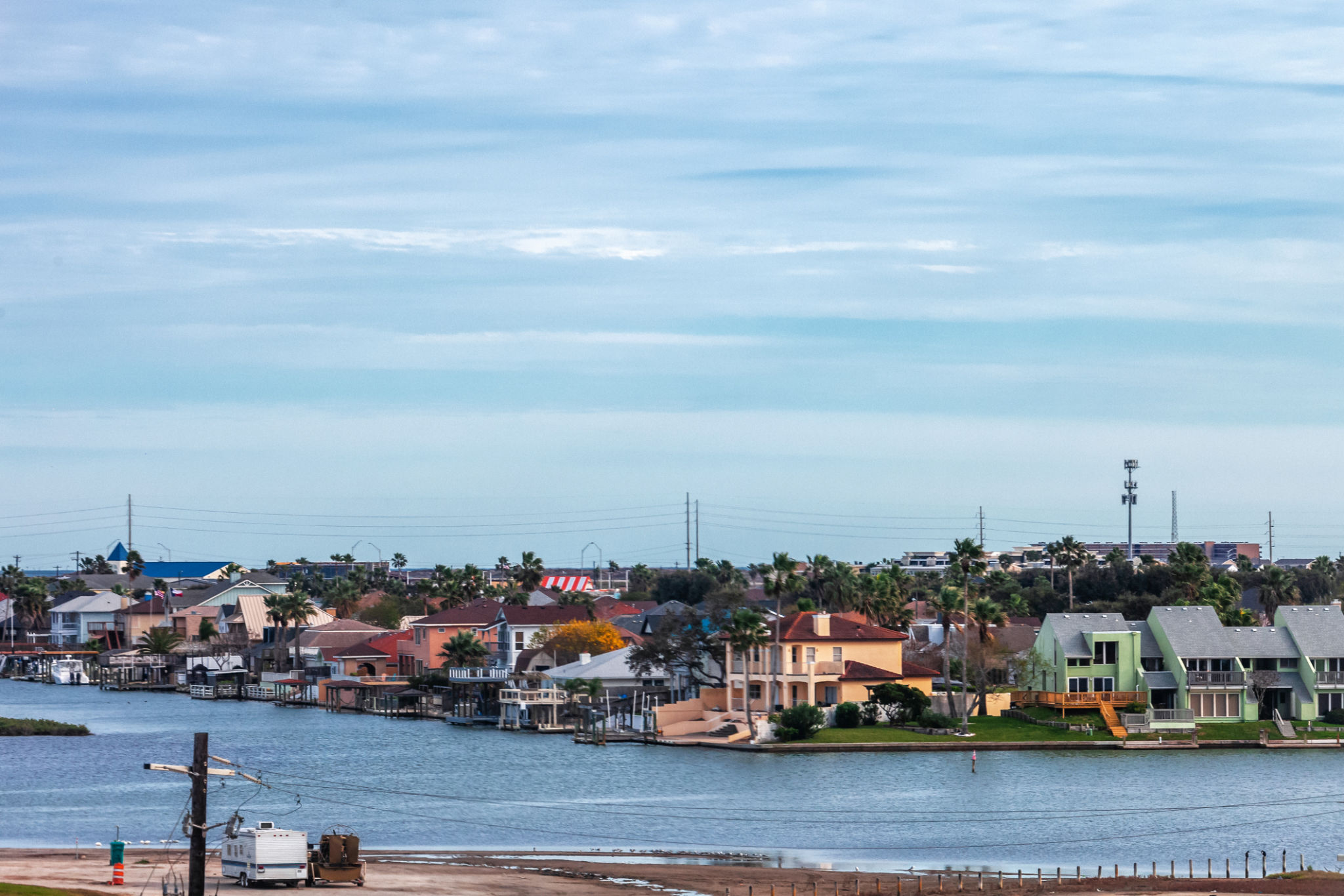Real Estate Market Analysis: How Texas’ Coastal Cities Compare to Inland Markets
Texas is known for its diverse landscapes and booming real estate markets. Whether you’re looking at the coastlines or inland areas, the property scene is constantly shifting.
But when it comes to choosing between

and inland regions, which market offers the better deal?
Let’s take a friendly look at how these two areas compare and what it could mean for you, especially if you’re trying to sell a house fast in Houston.
Coastal vs. Inland: What’s the difference?
Texas coastal cities, like Galveston, Corpus Christi, and South Padre Island, offer a unique mix of beachfront living and tourist attractions. Inland cities, such as Austin, Dallas, and San Antonio, bring more traditional urban and suburban lifestyles.

Both markets have their advantages, but they cater to different types of buyers and investors.
Here’s a quick breakdown of some key differences:
| Factor | Coastal Cities | Inland Cities |
| Attraction | Beachfront, tourism, water sports | Business hubs, tech, education |
| Price Stability | Seasonal fluctuations | More stable, consistent growth |
| Risk Factors | Hurricanes, flooding | Droughts, higher demand |
| Property Type Demand | Vacation homes, condos, rentals | Single-family homes, suburban homes |
| Buyer Demographics | Investors, retirees, vacationers | Families, young professionals, tech workers |
Coastal Real Estate Market
The coastal real estate market in Texas is highly influenced by tourism. Cities like Galveston and Corpus Christi attract both full-time residents and those looking for vacation homes or rental properties.
These markets can see seasonal price spikes, especially during peak tourism periods.

However, coastal properties also face risks like hurricanes and flooding. This can lead to fluctuating property values, which might be a concern for some buyers.
If you’re selling a house fast in Houston or nearby coastal areas, highlighting any flood-resistant features or improvements could make your property more attractive.
Coastal Real Estate Stats
- Average home price in Galveston (2023): $380,000
- Median days on market: 35 days
- Price growth in coastal regions: +5.3% over the last year
Inland Real Estate Market
Inland markets like Austin, Dallas, and San Antonio have shown strong, steady growth.
With booming tech industries, large employers, and universities, these areas have a constant demand for housing. Inland markets tend to be more stable, with fewer risks from natural disasters compared to coastal areas. This makes them attractive for long-term investors and families.
Inland cities are seeing rapid population growth, especially with people moving in from other states.
Dallas, for example, has been one of the fastest-growing cities in the country, which is driving demand for both residential and commercial properties.
Inland Real Estate Stats
- Average home price in Austin (2023): $530,000
- Median days on market: 20 days
- Price growth in inland regions: +8.1% over the last year
What’s the better investment?
If you’re trying to decide between investing in coastal or inland real estate, it really depends on your goals.
Coastal properties can offer lucrative short-term rental opportunities, but they come with higher risks. Inland properties, on the other hand, are more stable and cater to a wider range of buyers, from families to tech workers.

For those looking to sell a house fast in Houston, your strategy may depend on whether your property is closer to the coast or inland.
Highlighting proximity to beaches and tourist attractions might appeal to coastal buyers, while urban amenities and job opportunities are key selling points for inland properties.
Conclusion
Texas’ coastal and inland real estate markets each have their own strengths and challenges.
Coastal cities are perfect for investors seeking vacation homes or rental income, while inland cities offer stability and long-term growth potential.
Whether you’re buying or selling, understanding these differences can help you make smarter real estate decisions.
